Türkiye on Tuesday will mark the ninth anniversary of a coup attempt by the Gülenist Terror Group (FETÖ). Declared Democracy and National Unity Day a few months after the attempt, July 15 is an occasion to celebrate unprecedented public resistance against the putsch.
Nine years on, the country’s democracy remains unshaken, while national unity symbolized by people sacrificing their lives to protect their will to elect their own leaders, appears stronger with new steps. Indeed, as President Recep Tayyip Erdoğan promoted, the unity is reflected in the terror-free Türkiye initiative that aims to end decades of PKK terrorism. The PKK long exploited the country’s Kurdish community to advance its agenda for a so-called Kurdistan and attempts to end PKK’s violent campaign were occasionally hindered by the fact that the state chose to ignore the rights of the community and sometimes, outright antagonized them through counterterrorism policies that did not discriminate between the community’s members sympathizing with the PKK and those who had nothing to do with the terrorist group.
Through the 2016 coup attempt, FETÖ, which faced increased scrutiny after its first coup attempts by its members in the judiciary and law enforcement, sought to curb an expected crackdown on its military infiltrators. Ultimately, its goal was to rule the country with a military junta loyal to FETÖ leader Fetullah Gülen.
Since the first coup in 1960, Türkiye has been accustomed to military takeovers. Some were straightforward, like the 1980 coup when Chief of General Staff Kenan Evren conspired with fellow commanders to seize power. Others, like FETÖ’s coup attempts in 2013 and a 1997 coup where the military issued a stern memorandum to the government instead of rolling out tanks on the streets, were more discreet. But none faced strong opposition from the public. The resistance is credited to Erdoğan, who is now among longest longest-serving leaders of Türkiye, first as prime minister and then as president. Erdoğan’s call to the public to reclaim democracy as the coup attempt unfolded led to confrontations between the putschists and the unarmed public. Eager to defend their right to democracy, thousands sought to convince the putschists to lay down arms, and when it failed, they tried to block the roads of tanks and troops across Türkiye. Apparently taken aback by the resistance, the putschists had to withdraw and were subsequently arrested by police and military officers opposing the attempt.
The coup attempt was followed by days of a “democracy watch” where people in 81 provinces held nightly vigils to remember victims and demonstrate their adherence to democracy, in a bid to deter future coup attempts.
The victory of democracy was cemented in the 2018 presidential elections Erdoğan won again, one year after a referendum introduced Türkiye to an executive presidency system. In 2022, Erdoğan unveiled the country’s “Century of Türkiye” vision, an ambitious set of reforms and steps that will be taken in the second centenary of the Republic of Türkiye. In the next three years, Türkiye enhanced its international standing as a key diplomatic actor serving as mediator of conflicts, a major force in the defense industry, and nowadays seeks to crown it by putting an end to more than 40 years of terrorism by the PKK, a main obstacle for development of the country. In Erdoğan’s words, the disarmament of the PKK, which began with 30 terrorists burning down their weapons last Friday, is the dawn of a new era for the country, a new era for renewed unity of communities and for the wider region that is plagued by Israel’s expansionist policies.
Significant visit
Success against the coup attempt was not without sacrifices. Some 253 people were killed by putschists and hundreds of others were injured while trying to stop the coup attempt. Some died outside the Presidential Complex, others were martyred while protecting the president, who faced an assassination attempt. Among them were military officers who bravely fought against putschists at the army headquarters and more than a dozen people who rushed to a major bridge in Istanbul when they heard the putschists had occupied it.
Mehmet, Hakan and Lütfi were among them. Two brothers and their brother-in-law had joined a crowd gathered outside the Presidential Complex to block putschists from taking it over. Their 99-year-old mother, Muzaffer Gülşen, who lives in Ankara, had a special visitor on Monday: the very president her sons and son-in-law died while defending. Accompanied by local officials, Erdoğan received a warm welcome from Gülşen and her family. Together, they recited prayers for those killed by putschists and the president extended his condolences to the elderly woman. During the visit, Gülşen handed the president her savings, asking for their donation to Palestinian children suffering under Israel’s attacks.

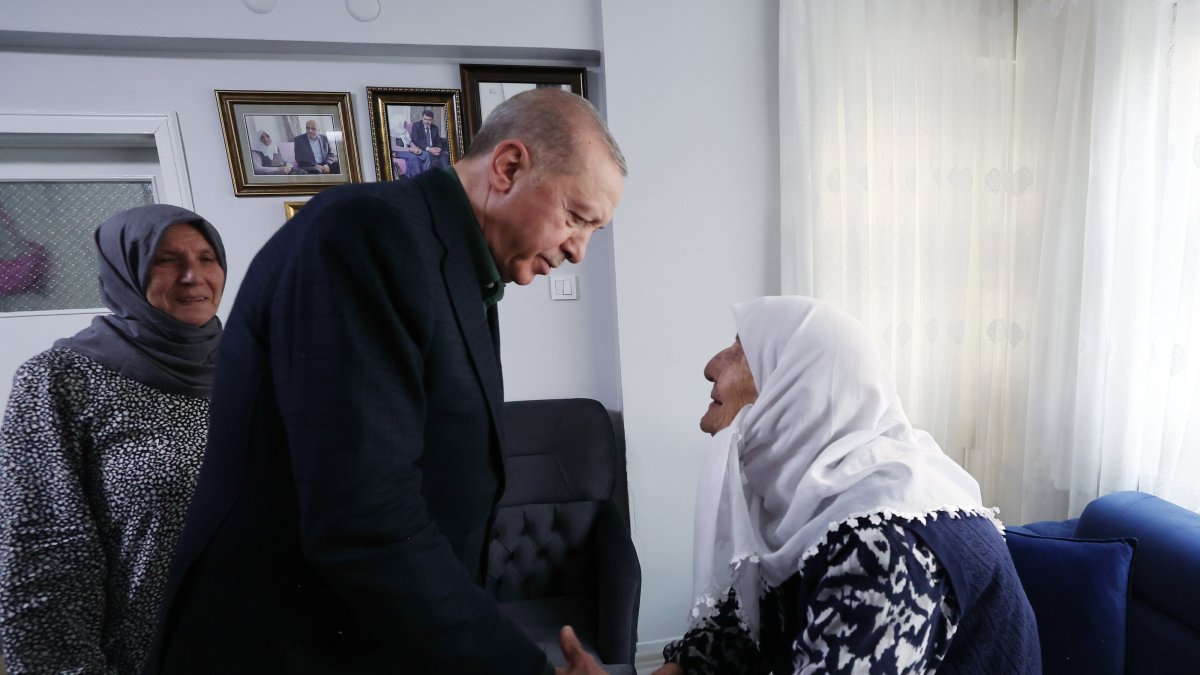
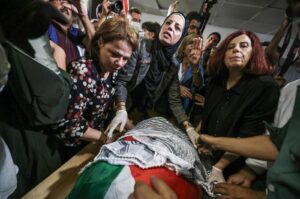
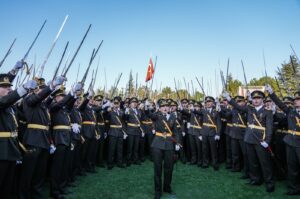
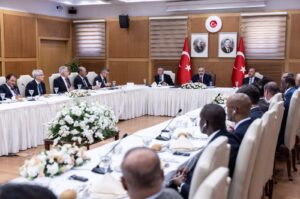
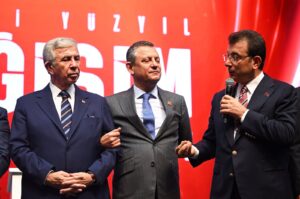
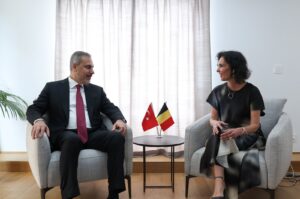

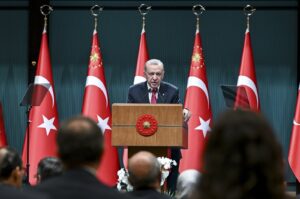
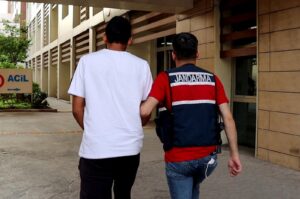
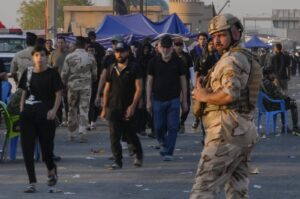
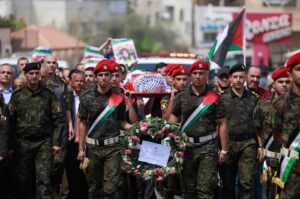
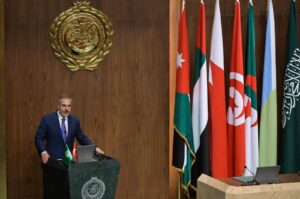
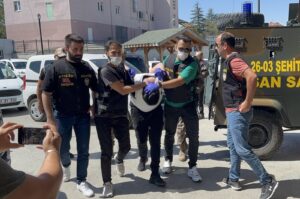
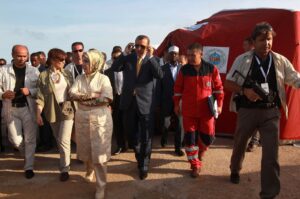
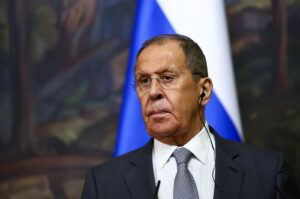
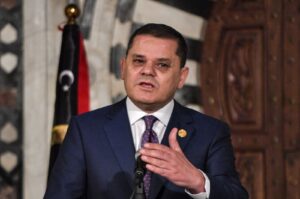
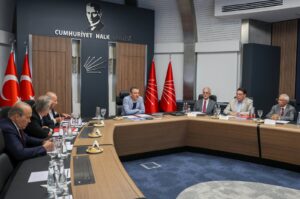
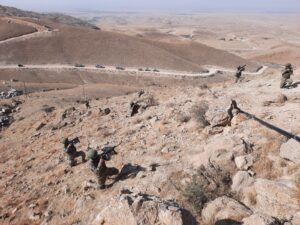
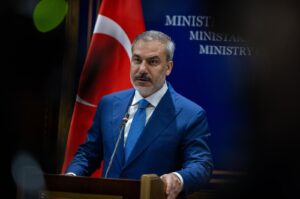
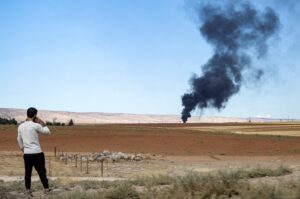
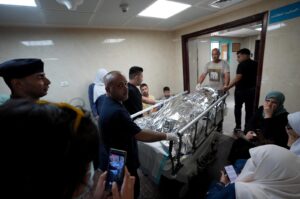
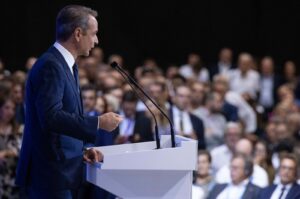
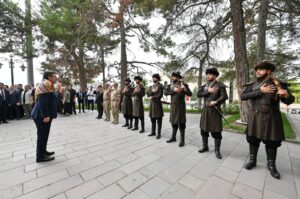

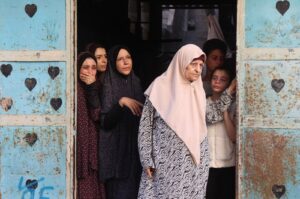
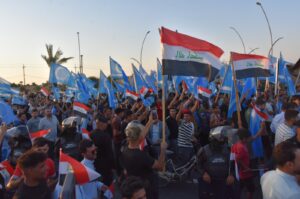
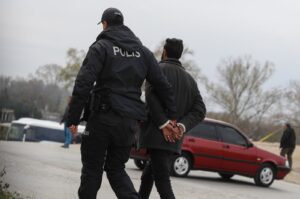
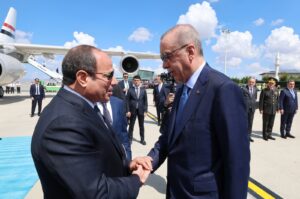

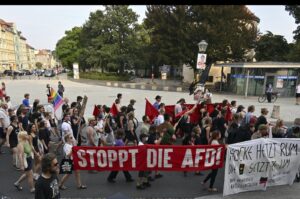
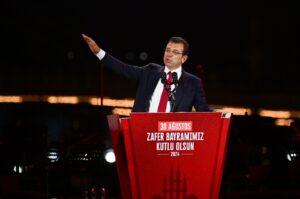
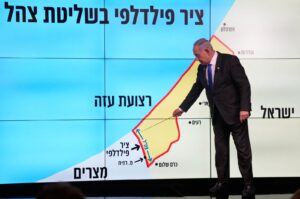
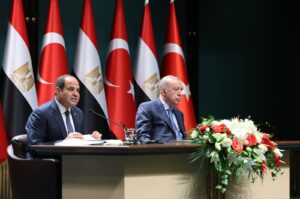
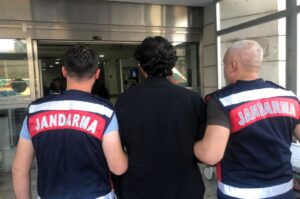
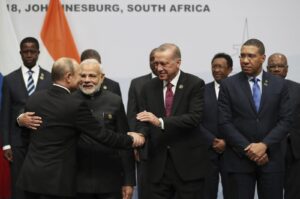
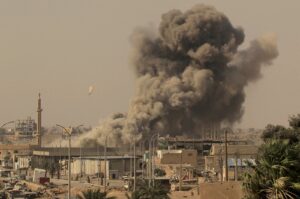
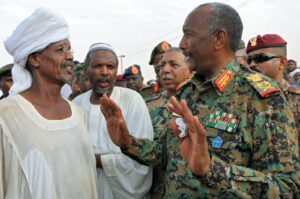
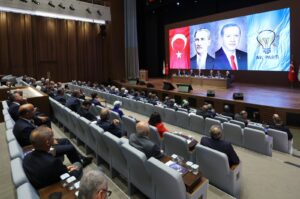
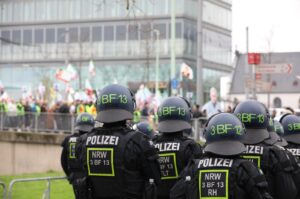
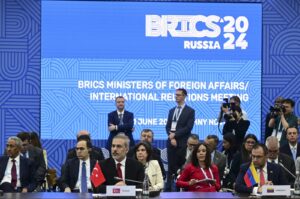
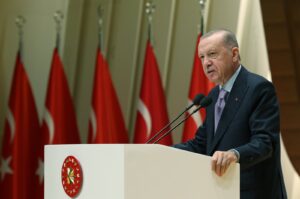
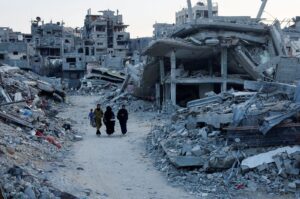
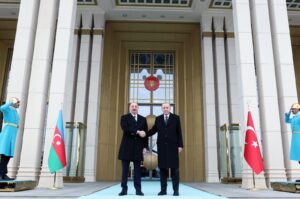
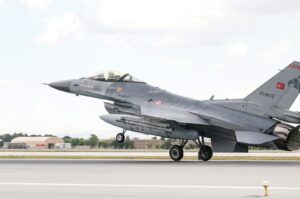
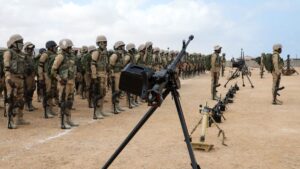
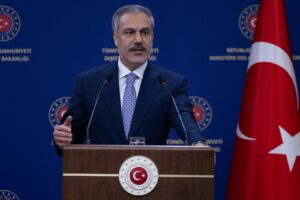
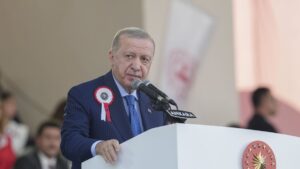
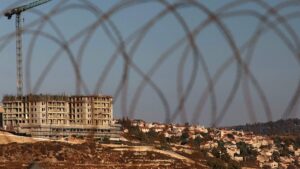
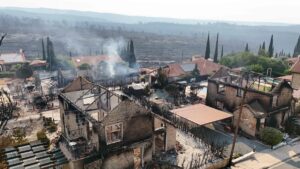

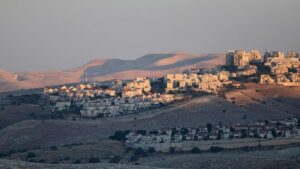
Be First to Comment